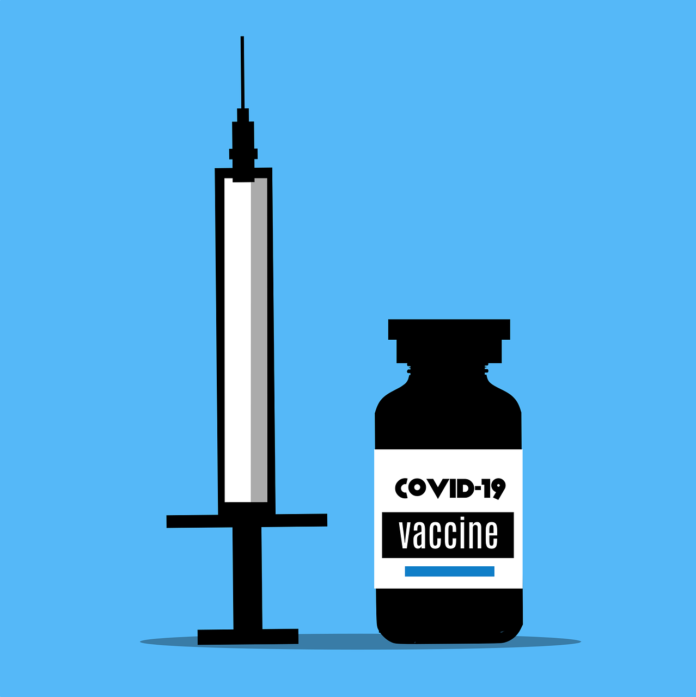Since the approval of the Pfizer-BioNTech coronavirus vaccine, over half a million people have been vaccinated in the US. Under Centres for Disease and Prevention’s vaccine distribution program, certain groups of people who are at high risk are prioritized but the vaccination will be available to the wider population in a few weeks’ time.
While the newly approved coronavirus vaccines have increased the hope for the end of the pandemic by the summer of next year, a big part of the population does not share similar views.
A poll conducted by PBS NewsHour and NPR shows that sixty-one percent of Americans agreed to get a vaccine. On the other hand, thirty-two percent said they would not get the coronavirus vaccination.
The results of the poll may seem positive because of the majority agreeing to get the vaccine but they also highlight some problems that may occur in the future.
According to Dr. Anthony Fauci, who is the director of the National Institute of Allergy and Infectious Diseases, it is important for eighty percent of the population to get vaccinated in order to achieve herd immunity.
Therefore, even if sixty-one percent get the coronavirus vaccine, the pandemic will still continue. A vaccinated person saves himself as well as others around him, which is why there is a need for a collaborative effort to end the ongoing health crisis.
Even if only thirty percent of people refuse to get vaccinated, it will prolong the pandemic and cause problems for everyone.
RELATED: Properly Fitted Masks Provide 99.9% Protection from Coronavirus Infection
Since people are aware of this situation after Dr. Fauci’s Livestream on Facebook, questions regarding how to talk and convince a person to get the vaccination are common.
According to health experts, having a healthy discussion with relatives or friends who are hesitant to get the vaccine may actually help in changing their minds. However, keep in mind to not fight or impose beliefs.
Listen to the other person and try to discuss further the cause of their misperception or the fear of the vaccine. Additionally, remember that it is natural to be afraid of trying the vaccine or anything that is relatively new.
Because of its fast development, many people are not sure of the vaccine’s effectiveness and even think that it may be harmful. However, having a heated debate on this topic will only make matters worse.
Instead of arguing, discuss the significance of the vaccine in the current situation and its role in ending the pandemic while emphasizing how the benefits of the vaccine outweigh the potential side effects.
When trying to convince another person to get a vaccination, data available on the CDC’s or the FDA’s coronavirus information center can be used. Also, encourage them to research and read more on a trusted source or talk directly with their doctors.
Lastly, talk about how getting a coronavirus vaccine will benefit multiple people. As mentioned before, getting a vaccine will also protect other people such as family, friends, and the wider community.




